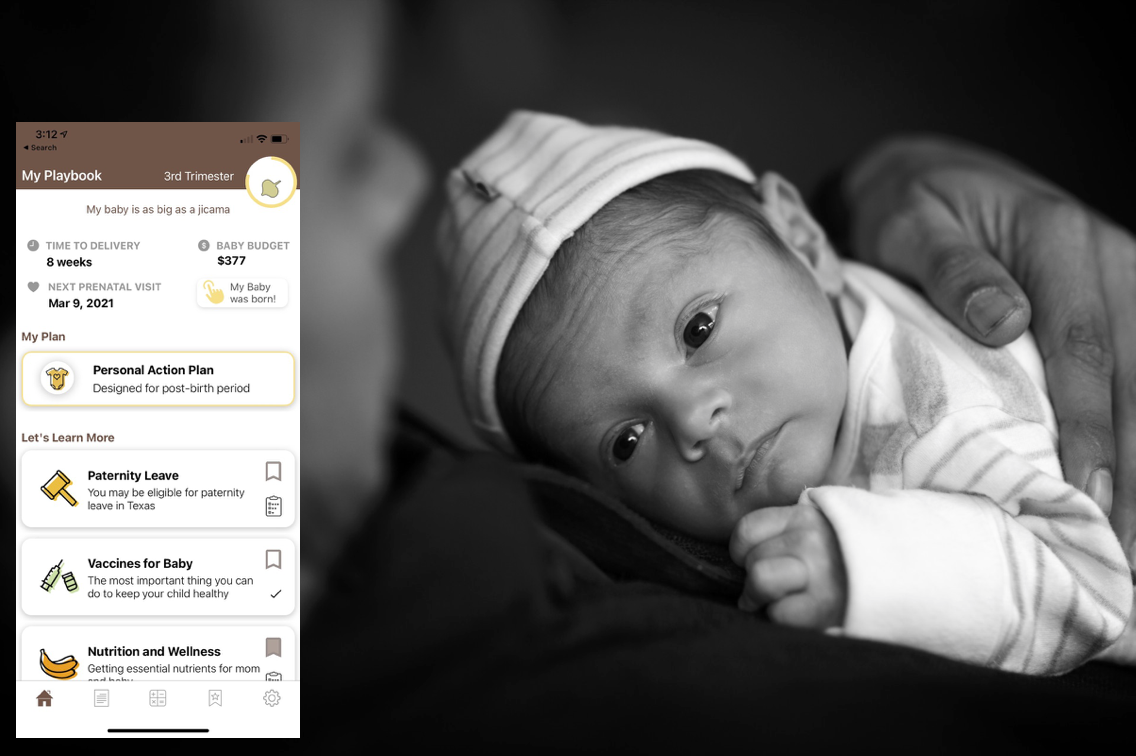
Father’s Playbook App
Studies in international settings have shown that including male partners/caregivers in the prenatal health process can have a positive impact on outcomes. These positive impacts are due to:
o Partners being able to recognize emergencies during pregnancy
o Having a more prepared birth plan
o Going to prenatal visits with healthcare providers
o Supporting breastfeeding of the infant
The Android and iOS mobile apps (Father’s Playbook) encourage a father’s involvement in the prenatal process. Current development extends the app for postnatal care. For more information, go to Father’s Playbook.
Scientific Explorers
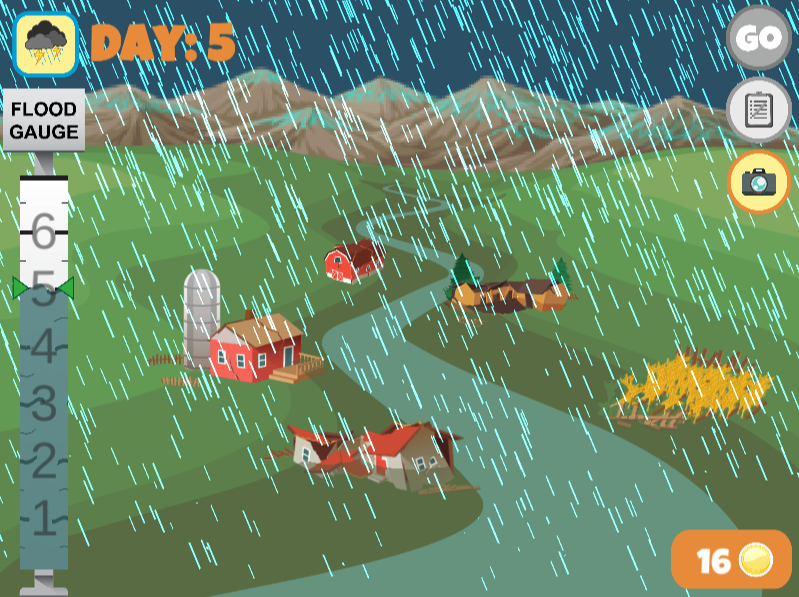
The goal of the NSF-sponsored project is to investigate innovative earth science interventions for struggling learners in 2nd grade. The SAGA Lab has developed several game-simulations for iPads and Chromebooks about earth science: Sci2Dunes, Sci2Reefs, Sci2Scree, SciFlood, the BigBook, and the Virtual Interactive Scientific Practices Assessment (VISPA) have been developed. This was a three year partnership with a professor in The Meadows Center for Preventing Educational Risk and the Department of Special Education.
Racing to Empathy Project: Back to Class

As part of the Associate Professor Experimental initiative, an interdisciplinary research team comprised of Drs. Casey Boyle (Rhetoric and Writing) and Terrance Green (Educational Leadership and Policy) worked with the SAGA Lab to create a game to dislodge teachers’ implicit biases towards and to encourage empathy for African-American female students who are often not welcomed by the traditional classroom. The game, Back to Class, contains 18 classroom scenarios that are common in middle school and require teachers to make choices in order to resolve the situations. Teachers are subsequently provided feedback on the choices they made during the game.
Buddi-Bot: Your Machine Learning AI Helper With Advanced Neural Networking!
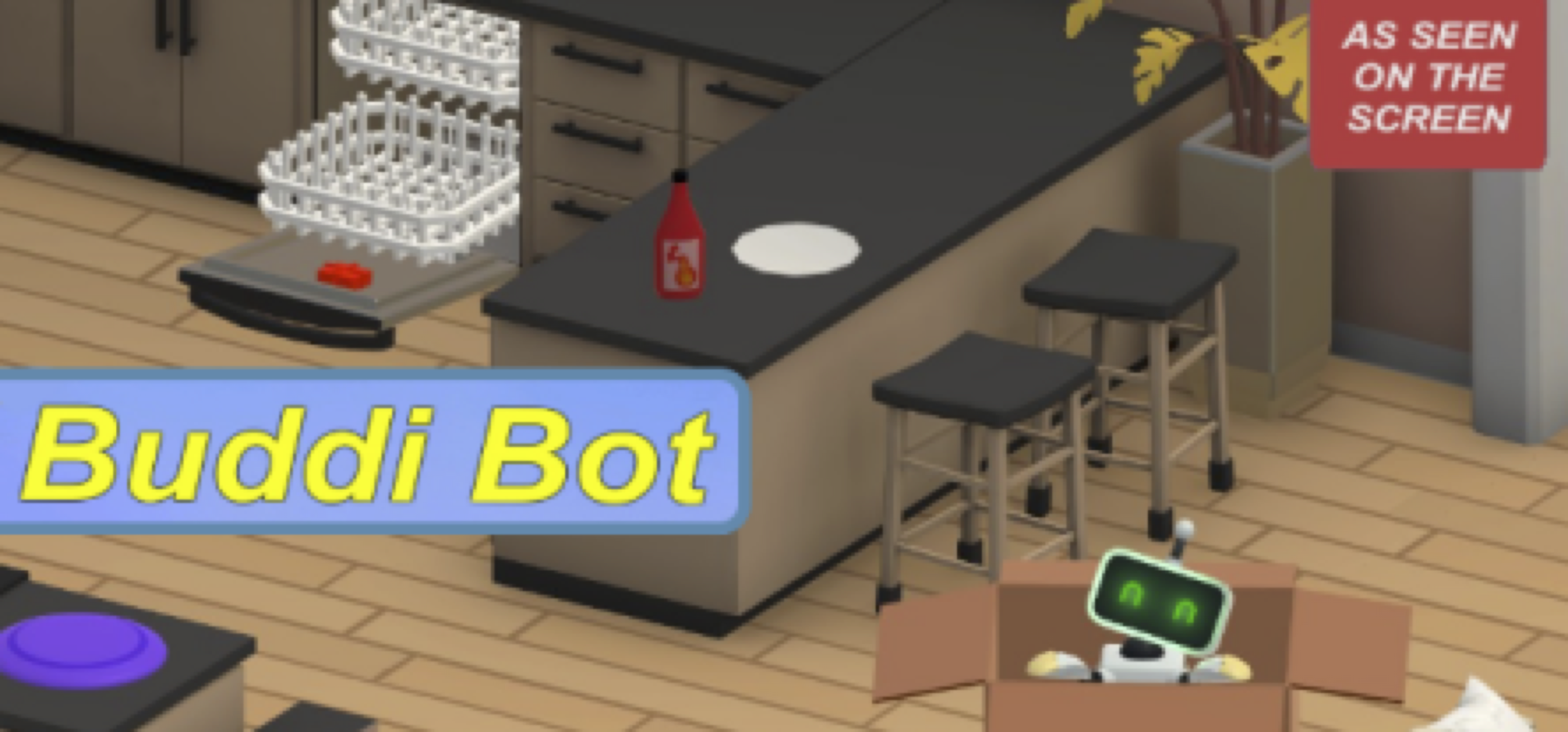
An interdisciplinary research team of Drs. Samuel Baker (English), Suzanne Scott (RTF), and Paul Toprac (CS) studied how media representations shape the public’s understanding of the potential social benefits and ills of artificial intelligence (AI). This research project, code named Bad AI, emerged out of UT’s Bridging Barriers Good Systems initiative, which seeks to “create a new way of designing values-based AI technologies that both protect and improve our world.”
Informed by this research, the SAGA Lab developed a videogame, Buddi-Bot, released on itch.io and Steam, which pushes beyond standard representations of sentient killer robots or helpful droids to grapple with and inform an audience about the societal benefits or potential harms of artificial intelligence.
Buddi Bot is an isometric puzzle game where you must (re)train Buddi Bot, an advanced AI with neural network technology. With just a click, Buddi will complete tasks like washing dishes or cooking a steak after proper training. Are you prepared for the future? Play and find out: itch.io and Steam.
Previous Projects
LEAP for Health

To address the health accessibility and communication issues facing the South Indian LGBTQ+ community, as part of PAGL award, we adapted LGBTQ+ health curriculum for Indian healthcare providers and presented it in both Android and Web apps (LEAP for Health).
BeVote App 3.0

For the 2014 midterm election, research indicates that only 18 percent of young American adults voted compared to 37 percent of the overall population. It is unfortunate their preferences are not reflected in the political process. Our own research has found some of the reasons why this occurs. The BeVote App is designed and developed at the SAGA Lab to address this issue. Android and iOS Version 3.0 have been released and ready for the 2020 general election and is available in the app stores for downloading. New features include social media and gamification. Although BeVote is targeted to UT students, it is just as helpful as an election companion for UT faculty and staff, and really for anyone in Travis County. For more information go to Bevote App.
Protein Puzzles
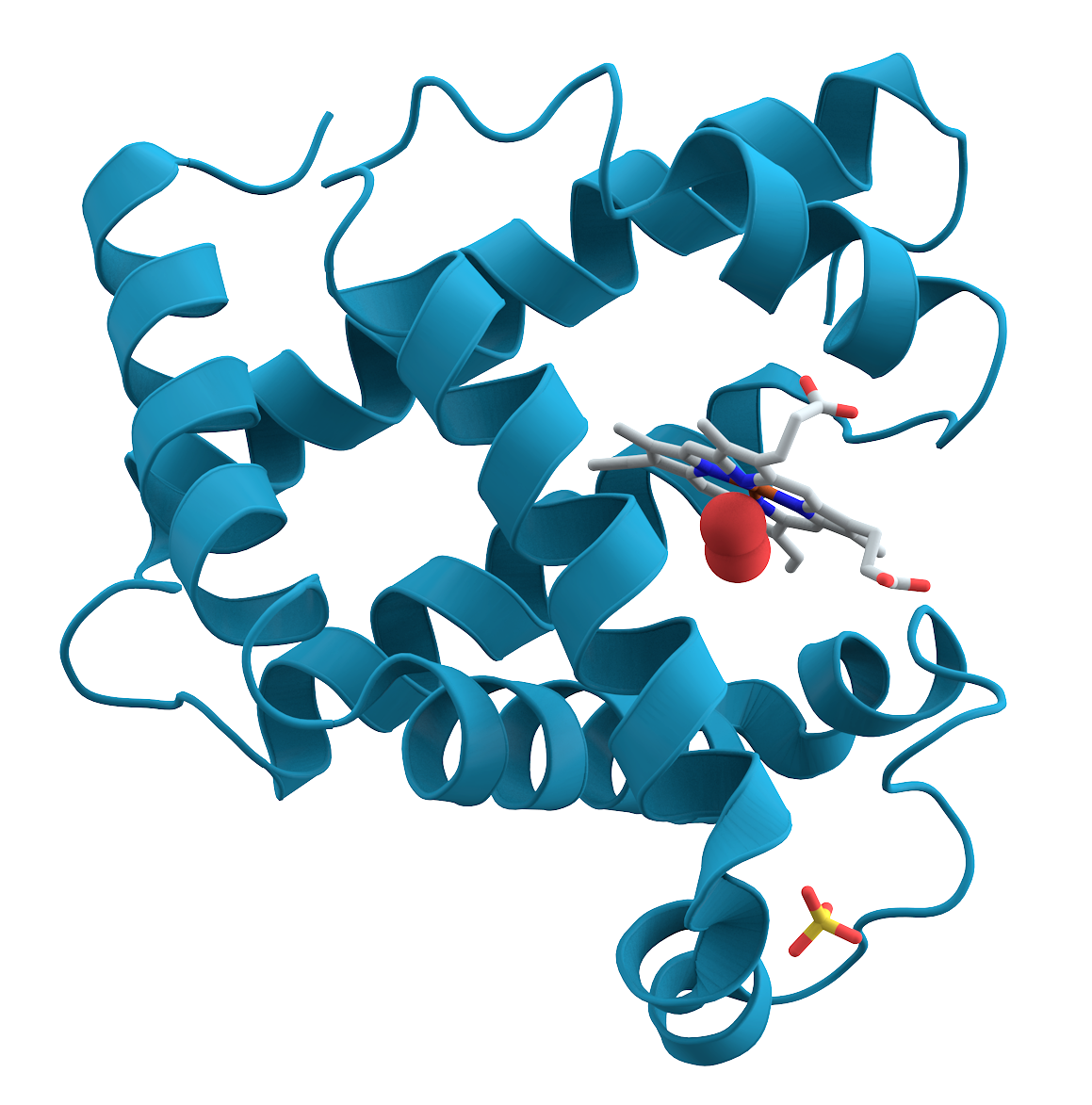
We are building a citizen science videogame to address the question: how do individual proteins fit together to form larger multi-protein complexes that carry out a number of functional roles in the cell? We have a number of constraints such as an outer 3D envelope, individual subunits, and favorable interfaces by which they may interact. This becomes a 3D puzzle where the player must maximize their score by aligning favorable interfaces all while filling the space of the 3D envelope. This resembles a common packing problem, which is NP-complete and exhaustive via brute force. One of the benefits of having a player arrange the subunits is that it prevents the problem from getting stuck in a local minimum; instead the scoring urges players to find a global minimum.
CARE Project

Compassion App for Resiliency and Empathy (CARE) project attempts to relieve stress for medical students. In partnership with Dell Medical and Texas A&M College of Medicine, the app has been designed and the SAGA Lab is waiting for funding to begin development. If you are interested in funding this project, please go to http://sagalab.utexas.edu/contact/ and send us a message!
RAIN

RAIN is an interactive musical and textual experience that explores themes of vulnerability, femininity, and violence. Structured around a composition of the same title by poet Annelyse Gelman, RAIN immerses players in a reticular labyrinth of trees, mist, and totems, where their wanderings control the selection and position of a capella vocals from a sound library of amateur singers—layered, looped, and dynamic. Using handheld remotes to explore the environment, each play-through generates a completely unique arrangement of the song. World-premiere during SXSW 2020.
T2V Visualization

The Transparency to Visibility (T2V) project is developing and testing new computational approaches to extracting and visualizing relationships in bodies of texts. The SAGA Lab is developing the tool for visualization of the economic influences on biomedical research, showing connections between researchers, organizations, and funding.
WCWH Portal
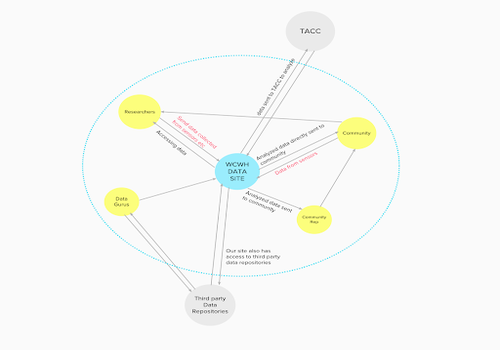
Whole Community–Whole Health brings researchers and advisors together from wide-ranging backgrounds across UT and Central Texas to make sure that the most cutting-edge advances in behavioral and health science reach the children and families who need them the most. The SAGA Lab is designing a research portal and mobile app dashboard to empower researchers and individuals to understand the connections between health, community, and behavior.
Assembly
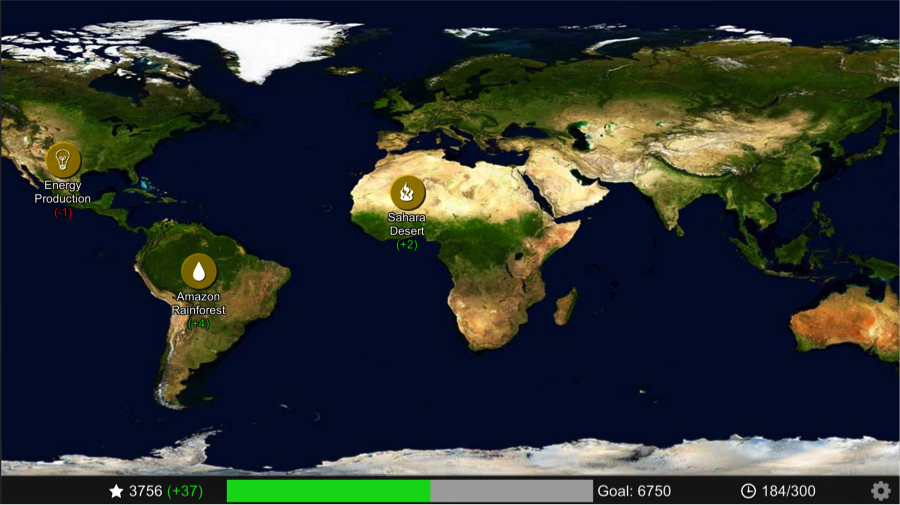
Based on the success of Environ, Diamond Tree LLC engaged the SAGA Lab to partner on an NSF STTR grant (Phase I). In collaboration with Diamond Tree, SAGA designed and developed a web-based platform that will allow students to easily create and share educational simulation-style games. Assimbly has two primary components. The first component is a web application that allows students to easily create and share educational games on a wide variety of subject matter. The second component is the simulation platform, which generates unique simulation-based games that are based on the data input by students, and that are playable in a web browser. The promise of Assimbly is that it puts students in the role of a simulation designer, but without the need for the extensive technical knowledge that creating a simulation game typically requires. The game mechanic of Assimbly is simple and flexible enough that it can be used to create learning games on a wide variety of subject matter, and the authoring tools take only minutes to learn.

Cliovis
Cliovis is a history concept mapping timeline tool that was developed in collaboration with a history professor for her course. The tool allows students to create events and connect them to provide a graphical view of the times and causality of history. The tool was found to be very engaging in the classroom and helpful for students’ understanding. For more information, go to Cliovis.org
Environ
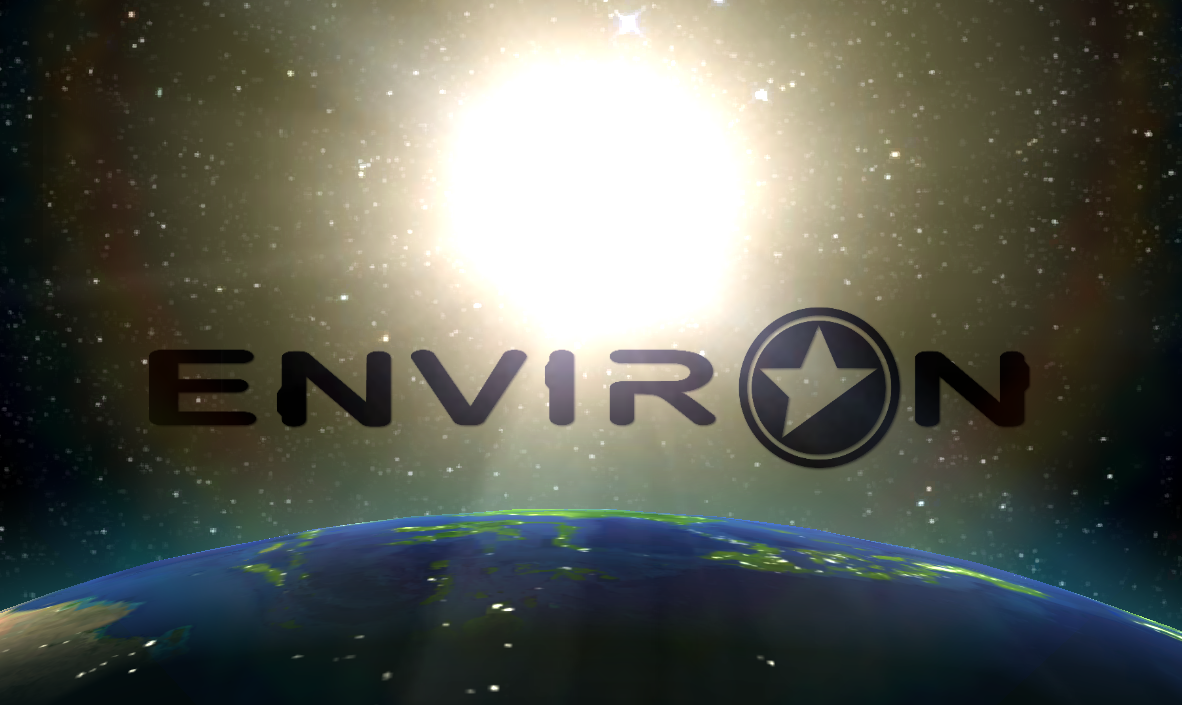
Environ is an educational game that puts students in the role of a decision maker. The game is set in near-future Earth, and the player must make difficult and complex choices to improve the Earth’s environment while increasing economic prosperity. Resources are limited, so the player must deeply analyze different courses of action while creating a more sustainable world.
Play Teach
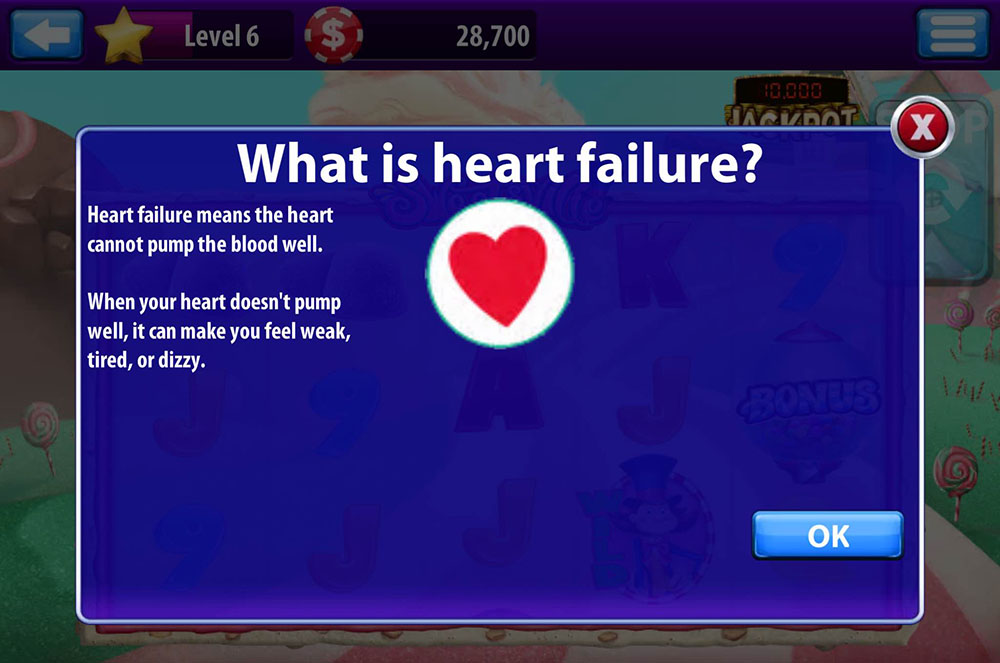
Heart Health
Heart failure (HF) affects 6 million Americans today, with the proportion rising to 11% in those who are 80 years or older. HF costs the nation an estimated $32 billion each year. The inability of persons with HF to self-manage their conditions has contributed to poor outcomes of HF, resulting in more visits in hospitals. We developed a game for cultivating HF individuals’ self-care knowledge and efficacy using iPads and improve their engagement in HF self-management activities.
Hololens

The Hololens is Microsoft’s augmented (aka mixed) reality goggles. The SAGA Lab is working on a super secret project using the Hololens. We could tell you but then…
iBeacons
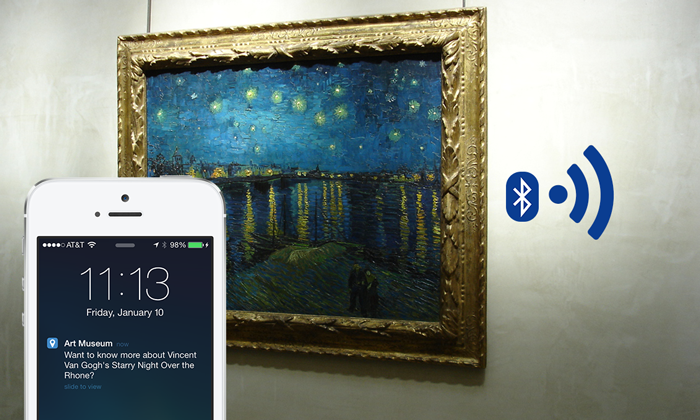
The College of Fine Arts offers “Visual and Performing Arts” (VAPA) courses required for all undergraduate majors, resulting in large class sizes. Some of these classes, including ARH 303, require visits to sites such as museums so that students can experience art and artifacts in situ. The iBeacons: Scaling and Enhancing Location-Based Learning and Aesthetic Experiences project investigates the use of iBeacons, low-cost Bluetooth emitters, mobile app technology and the Canvas LMS to solve the problem of humans required to be docents for students in the Blanton Museum. The goal of the project is to evaluate the amount of time spent by students in the museum each week, what they see in the museum, and maximize the instructor’s ability to push contextually appropriate content to students while visiting. The project also provides valuable data to instructors, allowing them to learn about students’ museum experience using the combined data of the entire class.
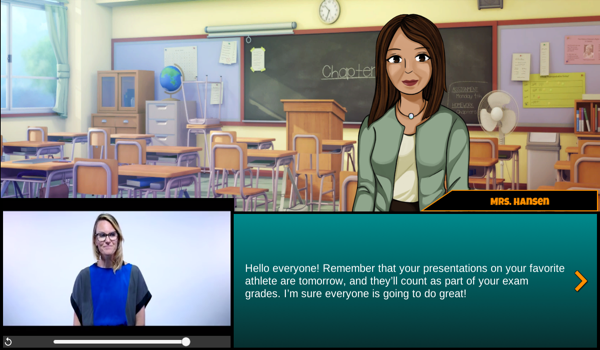
Mapit
MAPIT (codename) is a visual narrative style game being developed by the SAGA Lab. We have been involved from the beginning, starting with ideation and design, and now nearing completion of the game. The game is targeted for high school deaf children to help them understand the challenges they face and feel empowered to do the choices that are best for them under the circumstances. MAPIT was collaboratively developed between the SAGA Lab and National Deaf Center, which is located on the UT Austin campus.
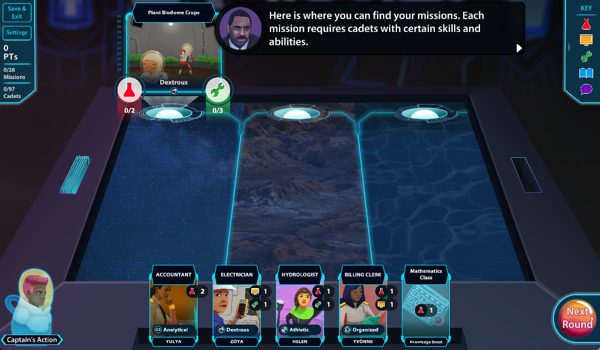
Middle Galaxy
Middle Galaxy is a game designed to teach middle school children about careers and help them select a focused area of study in high school. The SAGA Lab has been involved in the testing of the game, development of a dashboard, and in development of a mini-game within Middle Galaxy. Middle Galaxy is a collaboration between The University of Texas at Austin, Massachusetts Institute of Technology, and the Institute for Applied Neuroscience.
Past Projects
Course Transformation
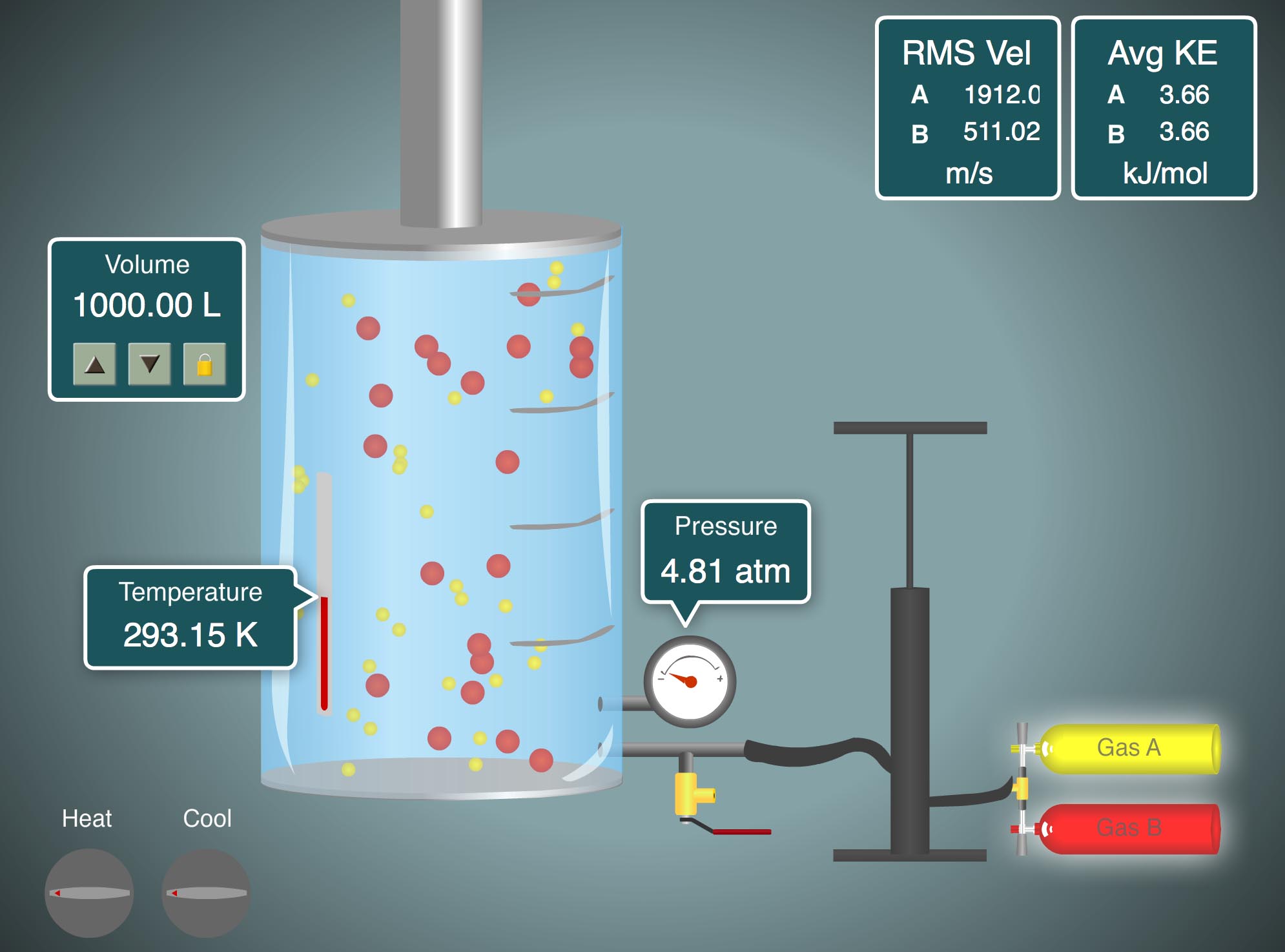
Videos, animations, websites, and interactive activities in support of the UT Austin Course Transformation Program. Visit the UTAustinBiology Youtube channel to see the full list of videos, or click the link below to watch a sample.
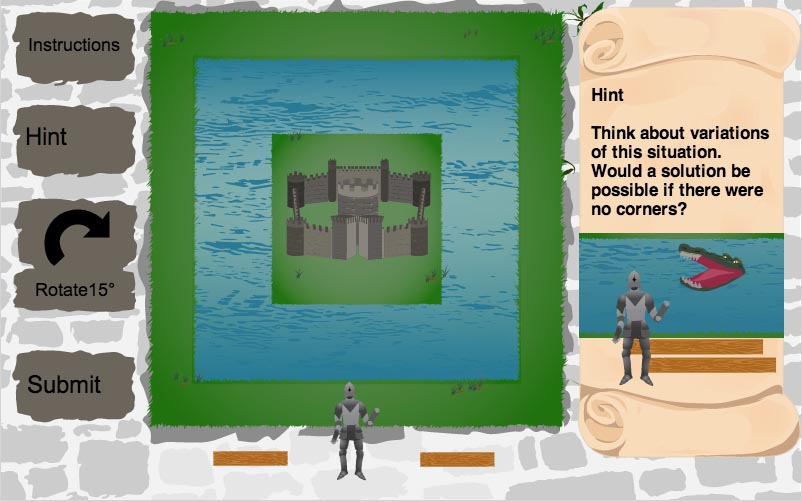
Math Apps
A series of interactive activities for the edX course Effective Thinking Through Mathematics taught by UT Austin professor Michael Starbird. Additionally, we created the animations for the course’s trailer video:

